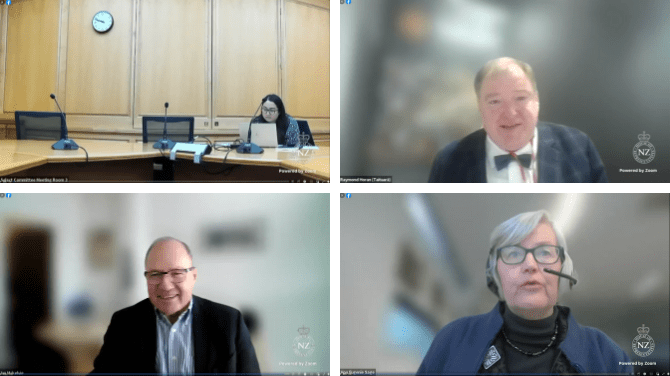Economic regulation will soon be applied to water and wastewater services in New Zealand as part of Local Water Done Well. The Commerce Commission (Commission) will be the regulator, enabled by provisions in the Local Government Water Services Bill.
Why regulation?
This regulation reflects the evolution of the water sector in New Zealand to align more with the practices of other utilities. Utility businesses typically operate cost-recovery models, funded over time by user charges, capital contributions, and borrowing.
‘Information disclosure’ regulation will initially apply, with ‘price-quality’ regulation a future option. The Commission has started to plan for implementation, recently consulting on the scope of an initial information disclosure regime.
The purpose of information disclosure regulation is to promote transparency on the financial and non-financial performance of water services, by requiring the publication of a wide range of information, which can be monitored by external stakeholders, including the Commission and water users.
What will it include?
While economic regulation is a new concept for New Zealand water services, it is well established in other sectors and for water services internationally. The disclosure regime will be modelled on the Commission’s information disclosure requirements for electricity, gas and fibre broadband networks, and the three largest airports in New Zealand, with appropriate sector specific modifications. Similar frameworks have also been applied to water services in the UK since 1989 and Australia since the late 1990s.
The information disclosed may include:
- Asset management plans and policies
- Historical and forecasted expenditure
- Information about assets, including age and condition
- Asset and customer service performance metrics
- Financial performance, sources of revenue and policies for user charges.
By establishing standardised reporting frameworks and methodologies, information disclosure regulation enables the performance of a water entity to be monitored over time, and also comparisons between multiple water entities.
What are the benefits?
In our experience, information disclosure has helped improve service delivery and user outcomes for regulated services, in the following ways. It has:
- Driven more evidence-based decision making, particularly around asset maintenance, capital investments, target levels of service quality, and pricing
- Transparently ring-fenced the regulated service from other activities of the business, resulting in a better understanding of financial performance and funding requirements
- Provided insights into sector best practice, and has lifted the capability and performance across the sector overall
- Enhanced business processes for information collation, customer engagement, planning and decision making.
What do water service providers need to do?
Water service providers will need to engage with the Commission’s processes, to maximise the opportunity of economic regulation, and ensure that water sector information disclosure regulation is fit for purpose. We recommend the following focus areas:
- Sector-led solutions – The sector should propose solutions to make regulation workable. Be forward looking, don’t hang onto past industry conventions if they can be improved upon, but work together to achieve industry wide solutions.
- Open minds – Accept regulation, and acknowledge the benefits for end-users of external oversight. Embrace external scrutiny, prepare for it, and use it to support your decision making.
- Planning – Plan well (and early) for regulation, and invest in verified, robust information.
- Integrate business and regulatory strategy – Don’t treat regulation as a compliance function. Use it to achieve better outcomes for end-users. Involve your finance, planning, customer and service delivery teams.
- Educate senior leaders about regulation – Support senior leadership/governance teams to develop and maintain a good understanding of the regulatory model, expectations and performance.
- Treat the regulator like a valued customer – Build relationships. Understand the regulator’s process. Help the regulator to execute its mandate. Acknowledge and accept regulatory decisions.
If you’re interested in learning more about how information disclosure regulation will impact your council, or if you are considering how to actively engage in and influence the proposed regime, then we can help. Our team has spent decades advising regulated utility businesses, in water and other sectors, both in New Zealand and internationally.
Lynne Taylor
Executive Director, PwC New Zealand
lynne.taylor@pwc.com
Mark Robinson
Director, PwC New Zealand
mark.d.robinson@pwc.com




